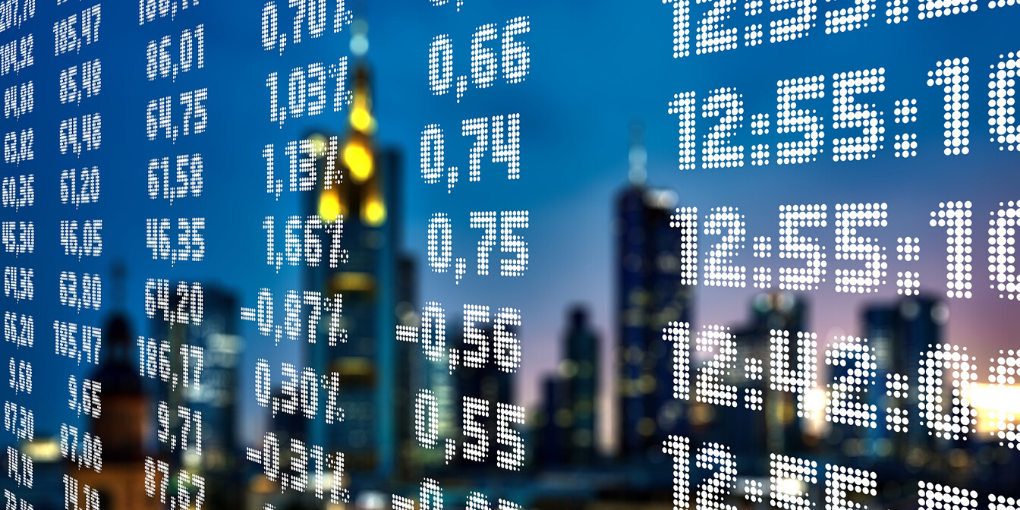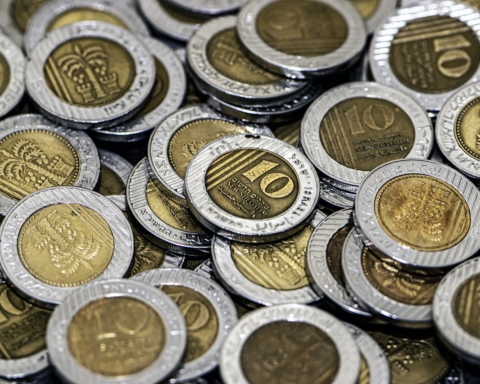According to the Central Bureau of Statistics, inflation in 2019 has only increased by 0.6%, which falls extraordinarily below expectations, which were predicted to increase between 1-3%. In fact, for the past six years, Israel has not met its expected inflation rates, frustrating banks, economists, and creating a data-driven mess for the Israeli economy.
With the increase in inflation so low, how does Israel keep getting more expensive? The dissonance is unsettling, and it seems there lies some faulty financial infrastructure or reporting system throwing off the reality of Israeli economics.

According to the OECD report, Israel is the 3rd most expensive country for consumers, whose residents pay 28% more for products than anywhere else in the world, set only behind Switzerland and Iceland. According to an ongoing report by The Economist since 1986, dubbed the Big Mac Index, Israel is the 6th most expensive country overall, at least based on its burgers. The Big Mac Index works universally, rating countries based on how many Big Macs at McDonald’s can be purchased with $20.00? The report is aimed to be a lighthearted approach; yet also is simplistic proof that consumer prices continue to rise.
Additionally, in 2019, products like meat and fish rose about 1.6%, and dairy products rose by almost 2%. Without accurate systemic updates, Israel is skewing its own inflation system, creating a distortion in the success, or the failure, of the current Israeli economy.








